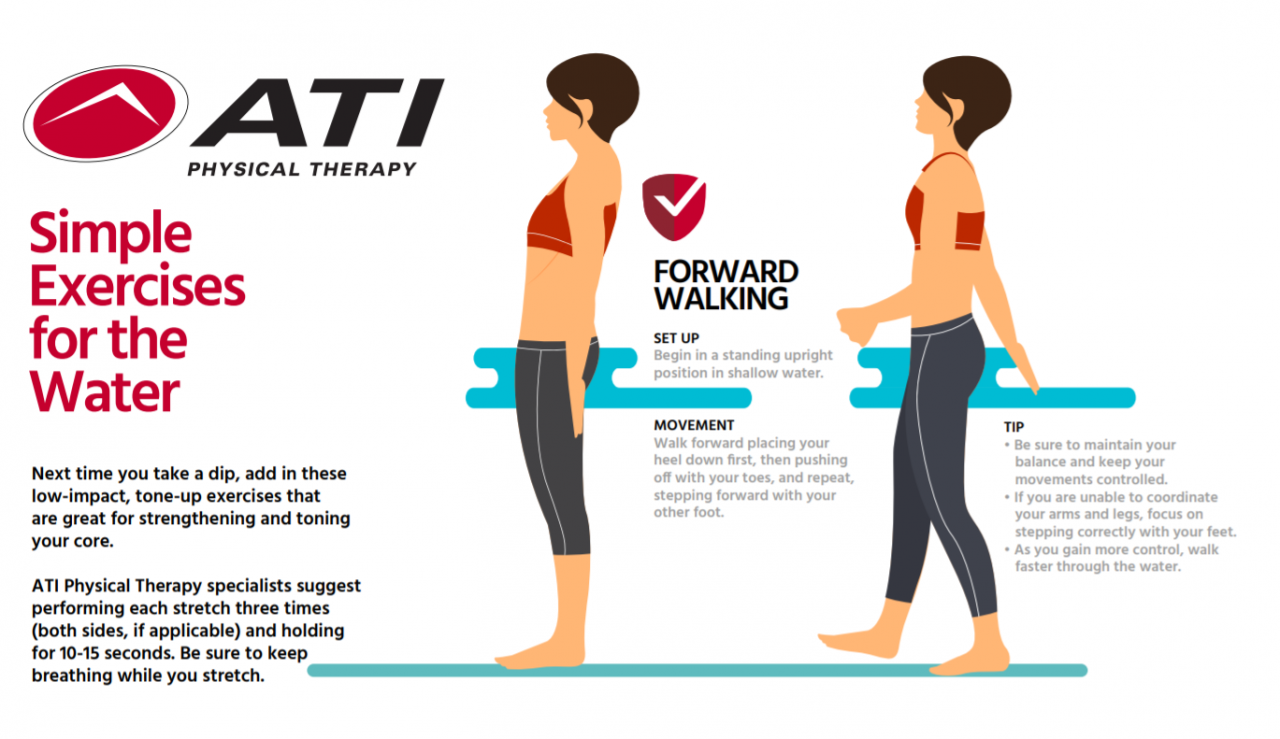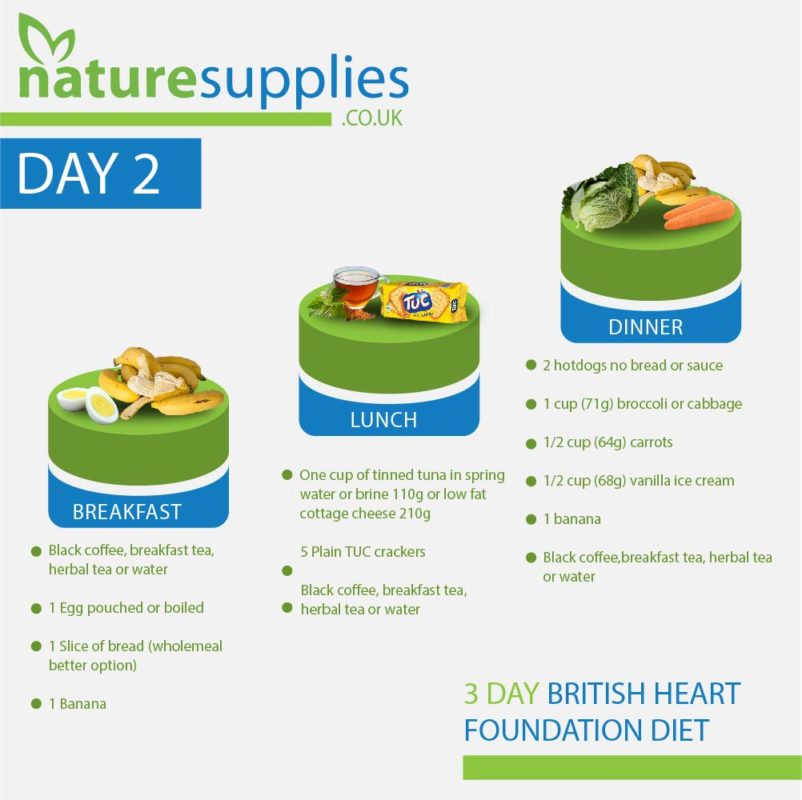
There are many ways to lose weight. The most effective methods are diet and exercise. We will be discussing calorie restriction as well as resistance training in this article. Combining both is a great way of losing weight. To achieve optimal results, you should eat well and exercise regularly. You can use the following information to determine which method works best for you. We hope you enjoy the article. But remember to consult a doctor before starting any exercise program.
Cardiovascular exercises
Cardiovascular exercises can help you shed body fat and get in shape. There are many cardiovascular exercises, which include exercises that use fat as the primary energy source and less carbs and proteins. The result is that you will burn more calories per day than you consume. It is this reason that dieting is not the best and healthiest way to lose weight. Cardiovascular exercises increase heartbeat, which can lead to increased fat burning.

Resistance training
Research shows that people who combine resistance training and a healthy diet are more likely to lose weight than those who only do cardio. Because resistance training increases metabolic activity, which means that the more you exercise the more calories you'll burn. Strengthening your muscles through resistance training can increase your body's ability, even at rest, to burn calories. Resistance training is not only a great way to lose weight quickly but also offers many other benefits.
Diet plus calorie restriction
Research has shown that weight loss is not possible when you combine calorie restriction with time restriction. Because time-restricted diets are less effective than those that restrict calories intake, this is why many studies have been done. Huijie Zhang, a PhD student at the Southern Medical University of China, found that both do not encourage weight loss. They did however lead to a lower fat mass.
You can exercise all by yourself
Most people believe that exercise alone will not work for weight loss. This is partially true. However, it is more likely that exercise alone will cause you to gain weight. Exercising can also boost your appetite, resulting in more calories consumed. Exercise burns only a small amount of calories per day, so it is possible to continue burning calories after your workout. To determine the most effective strategy, you need to keep an eye on both sides.

Make sure you avoid these common mistakes
You need to be committed, consistent, and disciplined in order to live a healthy life. Many people have difficulty finding the time and motivation to make these improvements. With the right approach, you can live a healthier lifestyle. These tips can help you to reach your weight-loss goals. Here are some things to avoid when losing weight and exercising. Listed below are some common mistakes people make when losing weight.
FAQ
How does intermittent fasting impact my sleep?
Intermittent fasting can affect your sleep. If you skip meals, your hunger hormones will increase. As a result, you may find yourself waking up at night.
Experts recommend skipping breakfast. Instead, they suggest having a light snack before bedtime.
If you are still hungry after your snack, you can eat a small dinner right before you go to bed.
Be careful not to overeat. You'll gain weight, not lose it.
How to make an exercise plan?
Create a routine. It's important to have a plan for each day. This helps you plan ahead and avoid procrastination.
It is important to make sure you are getting plenty of variety from your exercise routine. You don't want to become bored with exercise because then you won't stick with it.
It is important to track your progress. It's important that you keep track of the weight you have gained or lost over time.
If you lose weight and then gain more weight, it is easy to lose your motivation. You may find it difficult to stay motivated if your weight increases.
You should find a balance between weight gain and weight loss. If you're not happy with where you are, then you'll be less likely to continue exercising.
How long does a weight loss process take?
Weight loss takes time. It usually takes six months for you to lose 10%.
Remember that you should not expect to lose weight in a matter of hours. Your body takes time to adapt to new diets.
This means that your diet should be gradually changed over many days or weeks.
Fad diets don't work and you should get off them. Instead, you should change your daily routine.
Consider, for instance, that you often eat unhealthy snacks late at the night. You need to reduce this behavior.
Instead, you should eat healthier meals earlier in the evening. This way, you'll avoid snacking later in the night.
A good habit to follow is to drink plenty of water throughout your day. Water keeps you hydrated and prevents your body from becoming dehydrated. You feel tired and slow if you are dehydrated.
You will stay more energized and focus if you drink lots of water throughout your day.
Relaxing activities can help reduce stress. Spending time with loved one could help you reduce stress.
You could also read books or watch movies, or listen to music.
These activities will help to relax and unwind from stressful situations. They can also help improve your moods and self-esteem.
It is essential to think about your health before you lose weight.
Your physical health is a sign of your overall health. You should eat right and exercise regularly if you want a fit body.
How often do people fast?
Most people who follow a ketogenic diet fast once per week. Some people fast twice a week. And others fast three times per week.
The length of each fast varies too. Some people fast for 24 or 48 hours, while others go for 48.
Some people go on for more than 72 hours. However, these extreme cases are rare.
Why Exercise is Important for Weight Loss
The human body is an amazing machine. It was made to move. It's designed to move.
Exercise also burns calories and improves muscle tone. This helps you feel happier both mentally and physically. It is common to hear people say that exercise is essential for weight loss. But what exactly is it?
-
Exercise boosts metabolism. Active people use energy. Moves increase heartbeat, blood flow, and oxygen absorption. All of these activities are energy-intensive. You can burn calories more easily by exercising and increasing your metabolic rate. Your body's energy consumption during physical activity is known as the amount of calories burned.
-
Exercise reduces appetite. When you work out, you will naturally eat less calories.
-
Exercise increases strength. Muscle tissue requires more energy to function than fat tissue. So if you build lean muscle mass, you will need less food to maintain your current weight.
-
Exercise releases endorphins. Endorphins are hormones that make you happy. They are released into your bloodstream when you exercise. Studies show that endorphins actually block pain signals from reaching your brain. This creates a sense of well being.
-
Exercise can boost self-esteem. Regular exercise leads to higher self-esteem. This leads to healthier lives.
Make small changes to lose weight. You can add one of these tips into your daily life today.
How long should I fast intermittently to lose weight
It's not as easy to answer as you might think. When determining the number of days you should fast for optimal fat reduction, there are many factors to consider. These are:
-
Your age. You may find intermittent fasting too difficult if you're younger (under 40) because you have less time between fasts. On the other hand, if you're older (over 60), you may find that you don't have enough energy to sustain an extended period of daily fasting.
-
Your current body composition. Your current body composition. If you have a lot more muscle mass than you need, then you will likely be more successful with longer fasting periods. You may find shorter fasting more beneficial if your muscle mass is low.
-
How physically active. You may need to increase your fasting time if you exercise often. This will ensure you get enough rest between workouts.
-
Your health history. People with heart disease, diabetes, and cancer may require extra fasting monitoring.
-
How well do you tolerate stress? Stressful situations often make us eat less. To avoid this problem, you may need to increase the length of your fasting windows.
-
The type of diet you follow. Certain diets, like ketogenic diets, may require even longer fasting periods.
-
How much sleep you get. Also, a lack of sleep has been linked with increased appetites and decreased metabolism. You may need to experiment before you discover what works for you.
-
Your daily intake of protein. Protein helps stabilize blood sugar levels, which means that eating more protein could potentially lead to lower insulin levels. This would allow one to fast for longer periods.
-
No matter if you are trying gain or lose weight. People trying to gain weight often need longer fasting periods than people trying to lose weight.
-
How many calories do you consume in your fasting windows? Fasting for fewer calories per days may lead to greater fat loss than fasting with more calories.
-
Your overall fitness level. The metabolic rate of fast people who are fit is higher, which means they burn more calories each day.
-
Your gender. Men tend to have greater appetites that women, so they may need a longer fast. Women generally have smaller appetites, so they may only need to fast for about 20-30 minutes every morning.
-
Your lifestyle. Do you exercise a lot? Are you able to exercise several times per week? Is your job a long, sedentary one? These things could impact the speed at which you should go.
-
How much money do your spend on food every day? Eating healthy foods doesn't necessarily mean spending much money on groceries. You can save money by buying whole grains instead of white bread, fruits instead of candy bars, and lean meats instead of fatty cuts.
-
How important it can be to control your appetite. You may not have to fast as often if it is important to eat regularly.
Statistics
- Another study found that 24 weeks of weight training led to a 9% increase in metabolic rate among men, which equated to burning approximately 140 more calories per day. (healthline.com)
- Among women, the increase in metabolic rate was nearly 4%, or 50 more calories per day (14Trusted Source (healthline.com)
- According to Harvard Health, it's estimated that a 155-pound (70-kg) person burns roughly 112 calories per 30 minutes of weight training (5). (healthline.com)
- One study in 9 active men found that HIIT burned 25–30% more calories per minute than other types of exercises, including weight training, cycling, and running on a treadmill (18Trusted Source (healthline.com)
External Links
How To
How to exercise for weight loss
One of the best ways you can lose weight is to exercise. Many people do not know how they should exercise. You should do cardio exercises, such as swimming, running, walking, swimming, etc., as well as strength training exercises, such as pulling up, pushingups, pull-ups and lunges. The most effective way to lose weight is to combine these two types of exercises together. Begin exercising by finding friends to help you. You can either go to the gym or walk around your local area. Whatever type of activity you choose, make sure that you stick with it consistently. It is easy to lose track of your workouts when you first begin. Don't despair if things don't go as planned. Keep going!